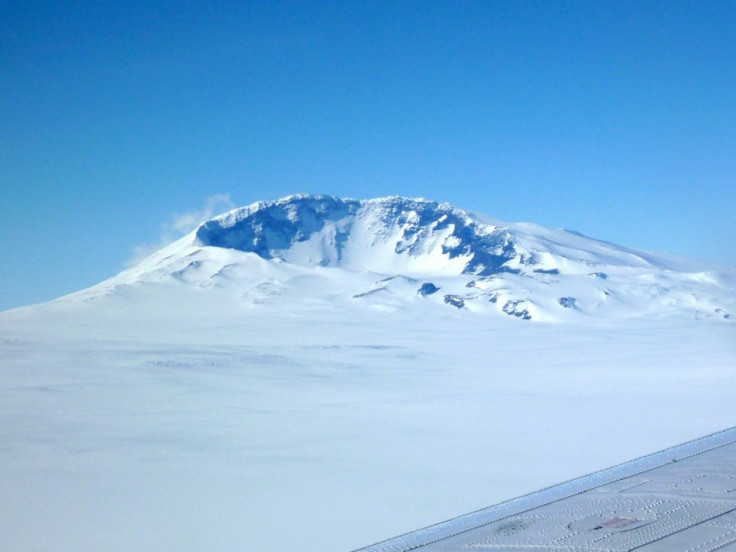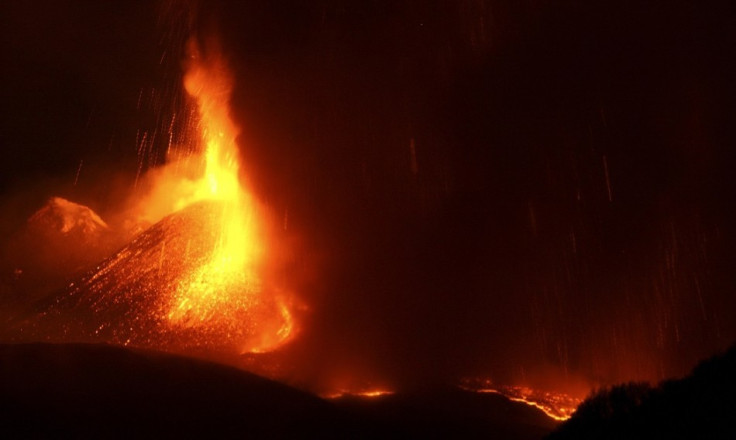Volcano Discovered Bubbling Beneath West Antarctica Ice Will 'Definitely' Erupt

A volcano discovered "smouldering" beneath a kilometre of ice in West Antarctica will "definitely" erupt, scientists have said.
The currently unnamed volcano was discovered by scientists at Washington University in St Louis and was announced in the journal Nature Geoscience.
Researchers first noticed unusual activity beneath Marie Byrd Land in 2010 while looking to reconstruct Antarctica's climate history using seismographs to make images of the ice and rock beneath the surface.
They were using event detection software to look for anything unusual in the data when they found two bursts of seismic events.
Amanda Lough, one of the researchers involved in the study, said: "I started seeing events that kept occurring at the same location, which was odd. Then I realised they were close to some mountains - but not right on top of them.
"My first thought was, 'Okay, maybe it's just coincidence.' But then I looked more closely and realised that the mountains were actually volcanoes and there was an age progression to the range. The volcanoes closest to the seismic events were the youngest ones."
Scientists found almost all of the seismic events took place between 25 and 40km below the surface, suggesting they were being caused by Deep Long Period (DPL) earthquakes, which take place below volcanoes.
Lough explained: "People aren't really sure what causes DPLs. It seems to vary by volcanic complex, but most people think it's the movement of magma and other fluids that leads to pressure-induced vibrations in cracks within volcanic and hydrothermal systems."

Radar images of the site showed elevations in the locations where the seismic events were taking place.
Doug Wiens, one of the principal investigators of the study, said: "Most mountains in Antarctica are not volcanic, but most in this area are. Is it because East and West Antarctica are slowly rifting apart? We don't know exactly. But we think there is probably a hot spot in the mantle here producing magma far beneath the surface."
Discussing the possibility that the newly discovered volcano will erupt, Lough said: "Definitely. In fact because the radar shows a mountain beneath the ice I think it has erupted in the past, before the rumblings we recorded."
The scientists said that to break through a kilometre of ice, there would have to be an enormous eruption, releasing 1,000 times more energy than a normal volcanic eruption.
Wiens said that the more likely event is that an eruption will melt huge amounts of ice, which could increase the rate of ice-mass loss in West Antarctica.
"The volcano will create millions of gallons of water beneath the ice - many lakes full," he said.
© Copyright IBTimes 2025. All rights reserved.






















